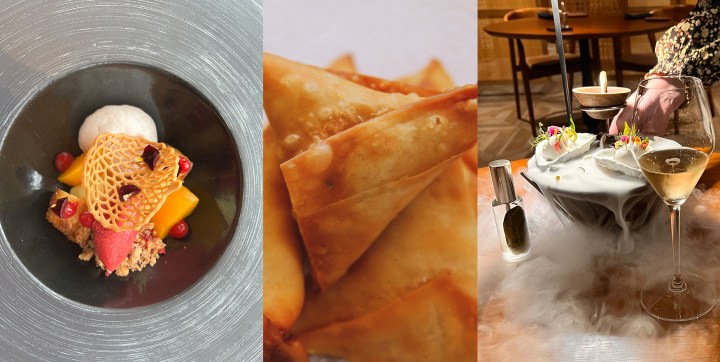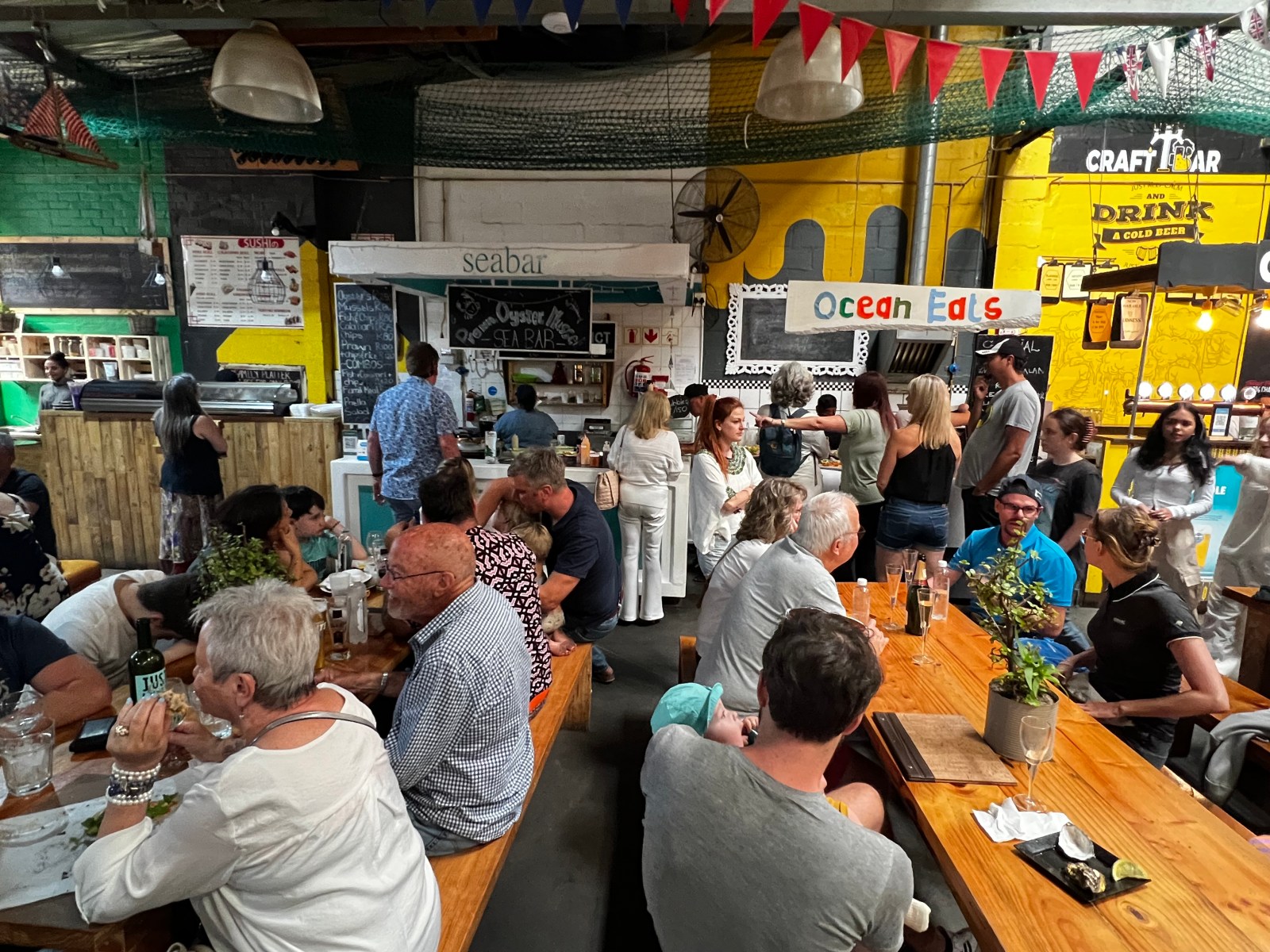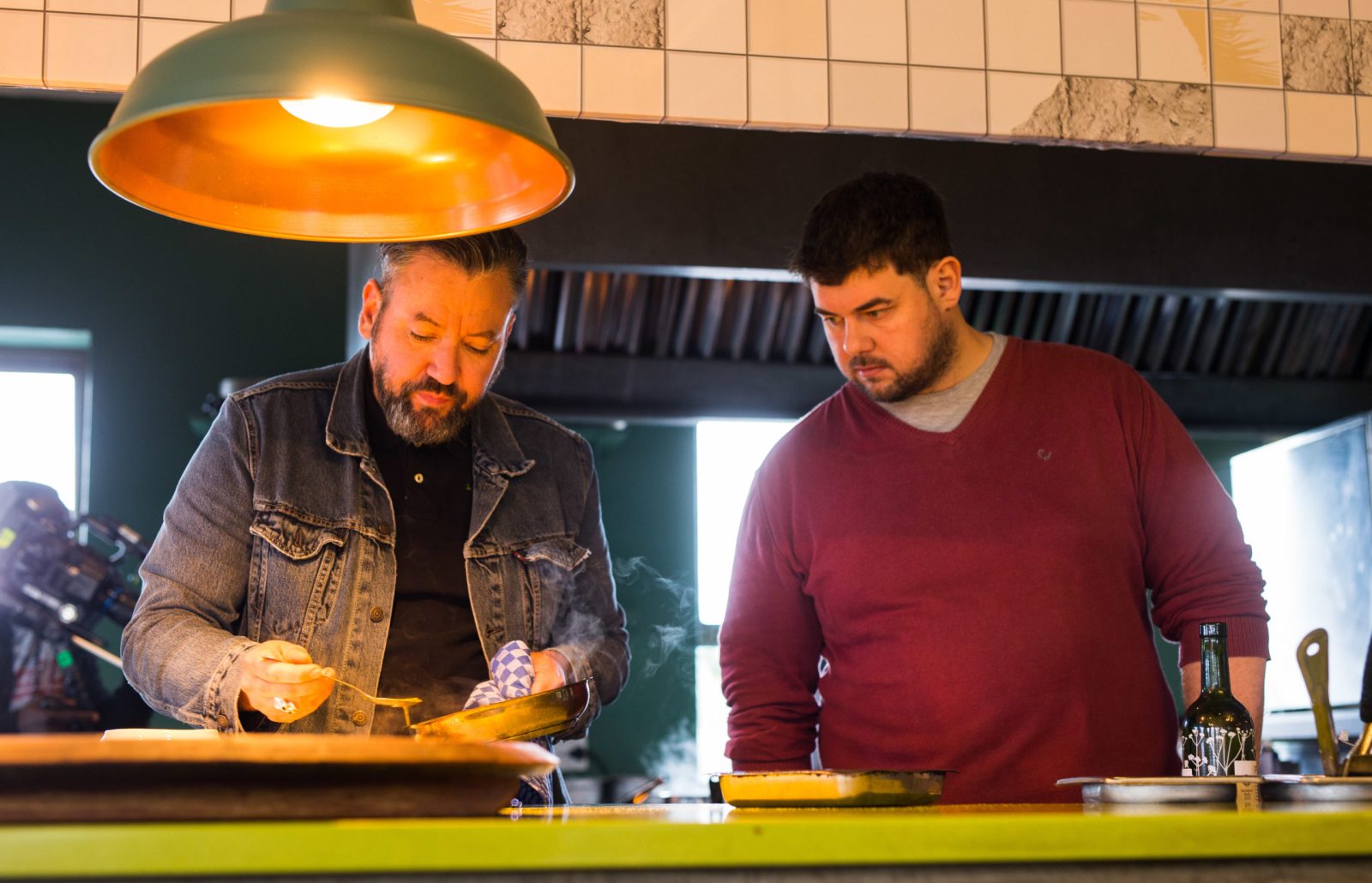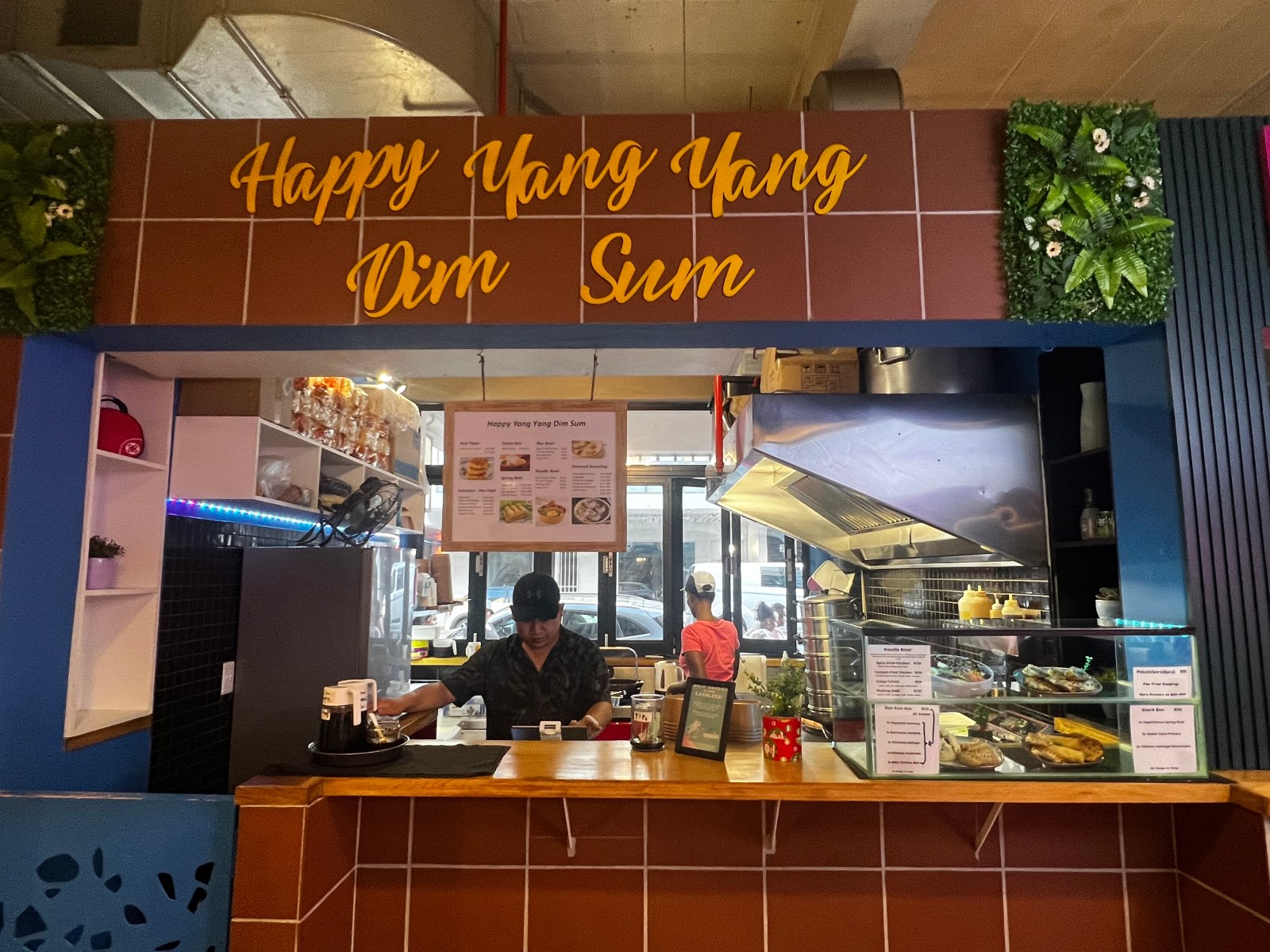A TASTE OF US
Tourists want to taste South Africa, not ‘fine dining’

Twelve-course menus, impersonal surroundings, fussiness and disengagement from local stories are turning off diners as they gravitate towards supporting products that offer the real experience. The emphasis on ‘fine dining’ has created a monster.
It’s all about connection, connection, connection, as diners crave attachment and authenticity, says the woman at the forefront of one of South Africa’s most vibrant food communities, Pamela McOnie.
The founder of Cape Fusion Tours, McOnie spoke about Cape Town food tourism trends at World Travel Market Africa, describing what her tourist clients – as well as her 82,000-strong Cape Town Eats group on Facebook – look for in food destinations.
Increasingly, tourists are seeking out “real” experiences, to get a taste of a city, through sharing stories. She should know: With 426 five-star reviews on Tripadvisor, McOnie is rated as the best food guide in the city.
McOnie, who started Cape Fusion Tours 20 years ago to incorporate her passions in life for Cape Town, travel, people, cultures, exploring, food and wine, runs private tours of the Mother City and the Winelands, to uncover culinary gems.
At first a one-woman show, her team has now grown to six, who describe themselves as “food and wine fanatics who love the Cape”.
It’s a vibrant city, filled with creativity, quirkiness and artisans, which drives McOnie and her team to show why they love living where they do.
Cape Fusion Tours was the first in the city to introduce food tours. They’ve watched the rise of travel in the region, where the interest in food has become central to the travel experience.
A taste of ‘place’
Their observation is backed by international evidence. The World Food and Tourism Association says people are travelling “for a taste of place in order to get a sense of place”. According to the association’s Food Travel Monitor data, food tourism – comprising food tours, cooking classes, winery visits, brewery tours, producer visits and market experiences – helps to pump up economic benefits for destinations by 25%. More than half (53%) of leisure travellers are now food travellers.
These are tourists who are not only seeking out the restaurants, bars and shared tables of the past, they want experiences: of cooking with locals, private chefs’ tables, foraging and exploring food and wine routes. Essentially, they want the new travelling suppers.
When it comes to food, imitation is not the best form of flattery. McOnie told delegates at the travel expo that she has witnessed greater support for travel products that offer authentic experiences, celebrate local food artisans and farm-to-table. That means they want connections to create new memories and experiences that will last a lifetime, through which they can support small operators and leave a footprint. It also means a shrinking interest in fine dining, as farm-to-table becomes more important than beautifully packaged menus.
There’s a clear move away from impersonal experiences, as 63% of millennials are now seeking out socially responsible restaurants, evidenced by the rise in conscious dining and veganism – although not exclusively so, as this market is committed more than any other generation to understanding provenance and where food comes from.
‘Everyone, after the pandemic, is craving connection’

Crowds flock to popular Cape food markets such as this one in Hout Bay. (Photo: Tony Jackman)
Venues that lack authenticity have millennials “running for the hills”.
“Everyone, after the pandemic, is craving connection, connection, connection. We want to go behind the scenes, listen to the stories, and connect. We’re looking for memories that we can tell people about for the next 20 years. Those who are harnessing experiences are the ones that are flying in this market.”
Diners are more educated than ever before, caring about what goes into their food, how it is made, and steering towards sites like the Oranjezicht Market to do their shopping on a weekend and encourage their children to weed in the urban garden. It’s fantastic to see the interest, McOnie said.
The emphasis on ‘fine dining’ has created a monster

Chef Bertus Basson with Louis Zenhausern, chef-owner in the open kitchen of the northern suburbs neighbourhood restaurant Arugula in Welgemoed, Cape Town. (Photo: Ian du Toit for Homebrew Films)
In this shift towards farm-to-table, there is a shrinking interest in fine dining, which has been an interesting development. “Cape Town has always been focused on tourists coming in and it’s been fine dining, fine dining, fine dining. What have we done? It’s created a monster – tourists have no idea of who we are.”
McOnie said fine dining has a place – but tourists should also be encouraged to eat where locals do so they can hear our stories.
Citing the example of Bertus Basson, whose philosophy is rooted in traditional South African food culture, McOnie hailed him as a true champion of South African cuisine. All of his restaurants have simplified their offerings and moved away from traditional fine dining, she said, as he has always celebrated the local ingredients sourced from the communities where he has restaurants.
She was blown away by a recent visit to Eike and Geuwels, on Vergenoegd Löw: “He’s continued to bring these stories all the way through from his Overture days to Eike. At Eike, they put a candle on the table and told the story of the ‘opsit kers’ – in the old days, in conservative Afrikaans homes, when a boy would visit a girl, the parents would light a candle and he had to go home once the candle had burnt down.”
We have not been telling the story of our food

Tourists are more likely to find dim sum than the bobotie, samoosas or koesisters that would tell them who we are. (Photo: Tony Jackman)
Stellenbosch has emerged as a fabulous food destination over the past two years, she said, due to a rise in wine bars, and new openings by talented young chefs. All are on trend with dining experiences that celebrate our local seasonal produce, simple offerings, mostly shared plates and – critically – kick-ass wine lists.
South Africa needs to share our story more, she said. “We have not been telling the story of our food. We need to celebrate our people, our cultures, our artisans, heritage dishes, cafe culture and our amazing fresh produce.”
We should allow our food offerings and experiences to tell our own stories. DM/TGIFood






 Become an Insider
Become an Insider
Comments - Please login in order to comment.